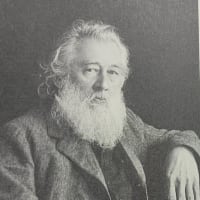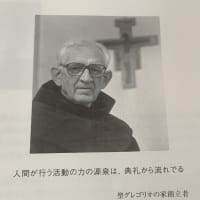2. Whitehead's principle of Relativity
Einstein's principle of relativity has two components: one is the special principle, and the other is the general one. The former states that all inertial systems are equivalent for the description of natural phenomena, while the other claims that the same equivalence should hold generally in any chosen frame of reference. Whitehead did not rely on either of them. First, he pointed out in The Principles of' Natural Knowledge that the physical content of Einstein's theory can be deduced without relying on Einstein's principles. The special theory of relativity correlates space to time through the Lorentz-Transformation, which Einstein deduced from the combination of the special principle and the principle of the constant velocity of light. Whitehead, on the other hand, deduced the same transformation from the weaker principles of kinematics and geometry, i.e. (1) the uniformity and symmetry of space-time, (2) the symmetry and transitiveness of transformation, etc.(6)
Secondly, he repeatedly laid stress on the inequality between inertial and rotating systems in his book, The Principle of Relativity, the title of which was certainly ambiguous and therefore misleading.
The principle of relativity in Whitehead's sense must be understood in the context in his philosophical thought. This principle plays the central role not only in his physics, but also in his metaphysics. The physical principle of relativity is generalized to the metaphysical one. The more we understand his metaphysics, the more we comprehend his physics. So we may well begin with the definition of this principle in Process and Reality:
"It belongs to the nature of a 'being' that is a potential for every 'becoming'. This is the 'principle of relativity'.(7)
As the above formulation of the principle is the most general characterization on the metaphysical level, it needs some explanation as to how it is embodied within the realm of physics. What we must bear in mind is that two lines of Whitehead's criticism of classical physics are closely connected with the above principle: i.e. his criticism of scientific materialism, and his rejection of Cartesian dualism involving the "bifurcation of nature."
In Whitehead's metaphysics, "Becoming" is more fundamental than "Being" which is the reversal of Aristotelian ontology. The concept of matter as "hypokeimenon" (substratum) of nature, the cornerstone of scientific materialism, presupposes the Aristotelian concept of substance: matter is conceived as the true Being which exists independently of perceivers: the description of the configuration of matter in space-time through the deterministic laws is thought to be the only task of physicists: there remains no place for the perceiving subjects. Nature, as it is perceived by us, is separated from nature as the object of physics. This bifurcation cannot be easily overcome: if we try to bridge them by considering the one as a cause and the other an effect, then we soon find that such a kind of causality is unintelligible on account of the "fallacy of nusplaced concreteness". Whitehead pointed out this fallacy by grasping the most concrete aspect of nature as creative becoming rather than as static, substantial Being. According to Aristotelian ontology, Being precedes Becoming because the former is the actuality of the latter. The opposite is the case with Whitehead. Becoming is the actuality of Being: what has been thought to be substantial Being must be re-interpreted as derivative from Becoming. Therefore the most fundamental category of nature should be found in "events", and not in "substance".
























